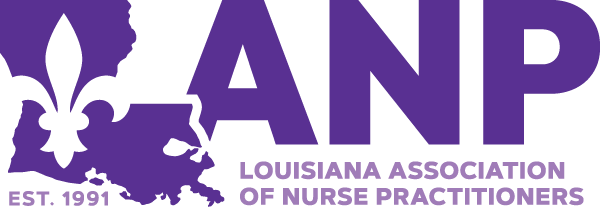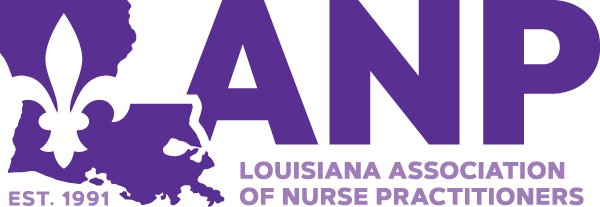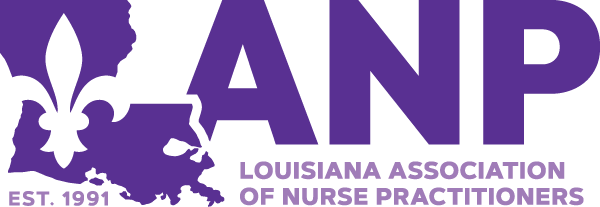LSUHSC - Clinical Nurse Educator Academy
Posted about 2 years ago in Education
Louisiana State University Health Sciences Center School of Nursing is proud to announce that the Clinical Nurse Educator Academy has been launched and is ready for registration. Click here to begin registration or keep scrolling to learn more about it below.
The Clinical Nurse Educator Academy is a competency-based professional development program that aims to:
- Increase the registered nurse (RN), Nurse Practitioner (NP), and Nurse Midwife (NM) workforce as skilled and qualified academic clinical faculty and/or clinical preceptors focused on the development and support of nursing students and transitioning nurses into practice within rural and underserved areas; and
- Expand academic practice partnerships (APPs) within rural and underserved areas to centralize a network of Schools of Nursing and Clinical Agencies in need of clinical faculty and/or clinical preceptors across Health and Human Services region 6 (LA, TX, AR, NM, OK).
Program Description
The competency-based educational program was developed using a backward design approach focused on final program outcomes and competency attainment using interactive learning strategies. Strategies used include microlearning techniques, case studies, and simulation scenarios to facilitate the participants’ increase in skill acquisition over time.
The curriculum of the program is aligned with the following national competencies and standards:
- The NLN’s competencies for the Certified Nurse Educator-clinical (2023),
- Interprofessional Education and Collaboration’s Core Competencies for Interprofessional Collaborative Practice (2023),
- The American Association of Colleges of Nurses’ new Essentials for Professional Nursing (2022),
- The National Organization for Nurse Practitioner Faculties’ core competencies for the Nurse Practitioner role (2022),
- American College of Nurse Midwifery Core Competencies for Basic Midwifery Practice (2020), and
- Think Cultural Health’s National Standards for Culturally and Linguistically Appropriate Services in Health and Health Care (2000)
Program Outcomes
By the end of the program, participants will be able to:
- Function at the advanced beginner level of experience in the skills of a clinical nurse educator;
- Role model at the advanced beginner level of experience in inclusive and culturally sensitive communication strategies used for teaching, learning, assessment, and care of patients from rural or medically underserved areas; and
- Demonstrate advanced beginner level of experience in the use of coaching and role modeling strategies for professional nursing practice and prevention of burn-out.
Program Outline
The curriculum outline integrates the competencies and standards noted above and is organized by competency domains mapped to NLN’s 2023 CNE-cl exam blueprint. It includes four core competency modules that all participants will take and one role-specific competency module that participants will select based upon the type of learners they will educate. Each module has brief segments that build competencies within its respective competency domain.
Core Competency 1 (Module 1) - Examine the role and responsibilities of the Clinical Nurse Educator.
Core Competency 2 (Module 2) - Facilitate learning in the clinical learning environment.
Core Competency 3 (Module 3) - Assess student performance in the clinical learning environment.
Core Competency 4 (Module 4) - Model health systems-thinking for rural and medically underserved populations.
Role Specific Competency (Module 5) - Educate and assess learners in the role of Registered Nurse or Advanced Practice Registered Nurse.
Interested participants should click the link below, follow the prompts, and reply to this email with questions or concerns. We look forward to your feedback and participation.
https://nursing.lsuhsc.edu/Apps/ContinuingEducation/CNEAcademy/
We are excited to share this resource with you, Schools of Nursing, and clinical partners at no cost. This is possible through funding granted by the Health Resources and Services Administration (HRSA) of the U.S. Department of Health and Human Services (HHS) as part of an award totaling $2,697,466. The contents are those of the author(s) and do not necessarily represent the official views of, not an endorsement, by HRSA, HHS, or the U.S. Government. For more information, please visit hrsa.gov.
If you have any questions or concerns, please contact LaKeshia SantaMarina at lsant3@lsuhsc.edu.


